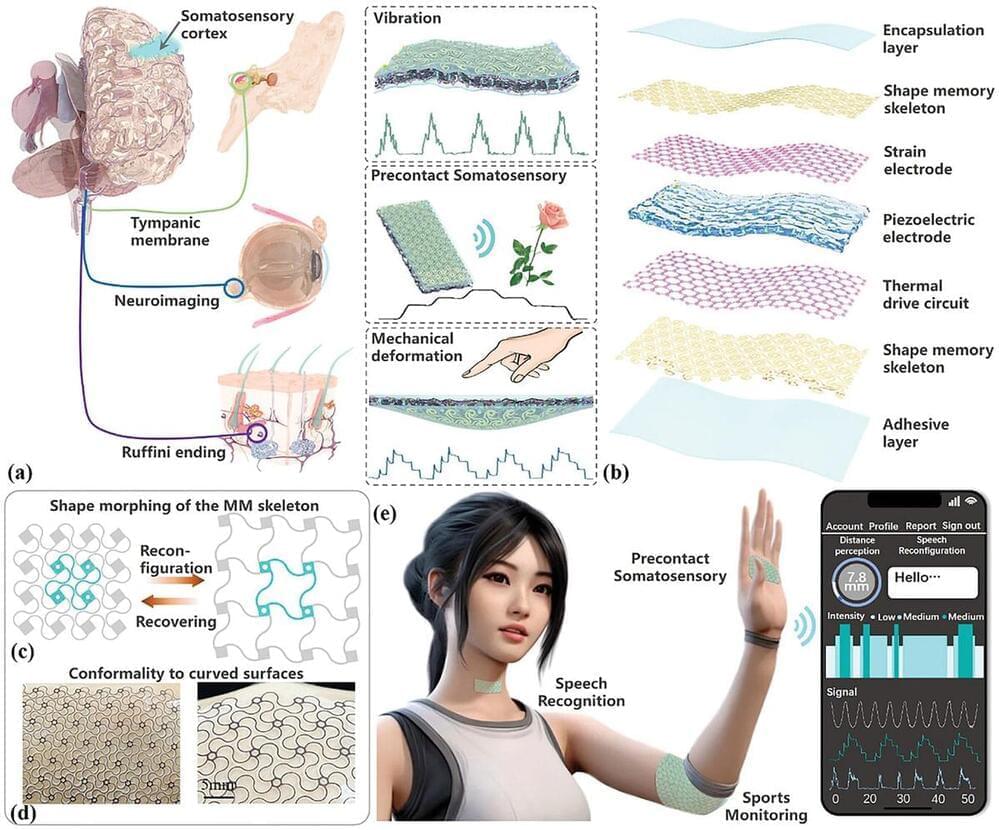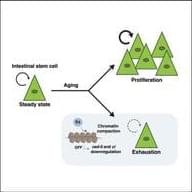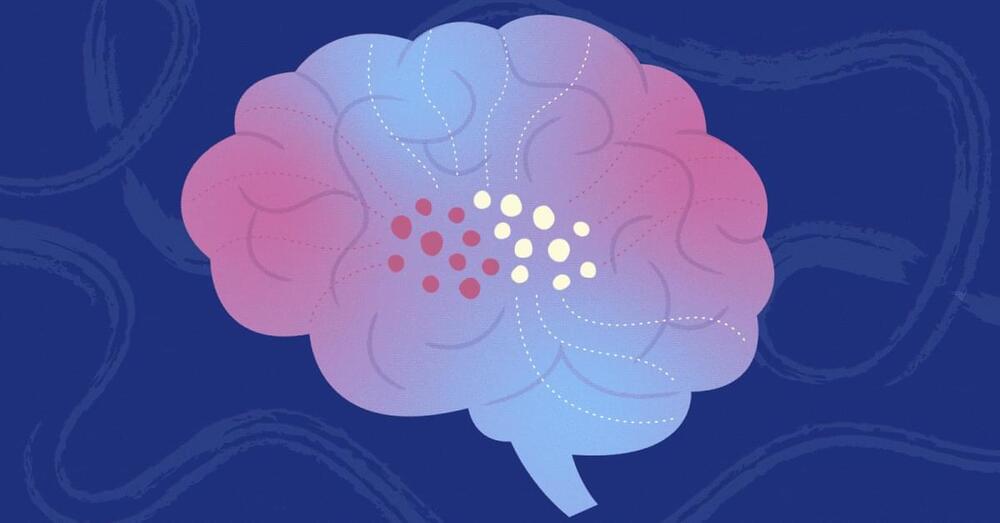Sep 9, 2024
New filtration system removes ‘forever chemicals’ from water
Posted by Genevieve Klien in categories: biotech/medical, chemistry
A breakthrough filtration system developed by MIT researchers offers hope for removing harmful “forever chemicals” — dangerous pollutants that have plagued water supplies globally for decades.
These long-lasting pollutants, known as PFAS, persist in the environment and have contaminated water sources worldwide.
A recent study by the U.S. Centers for Disease Control found that 98% of people tested had detectable levels of PFAS in their bloodstream, highlighting the severity of the contamination.


















